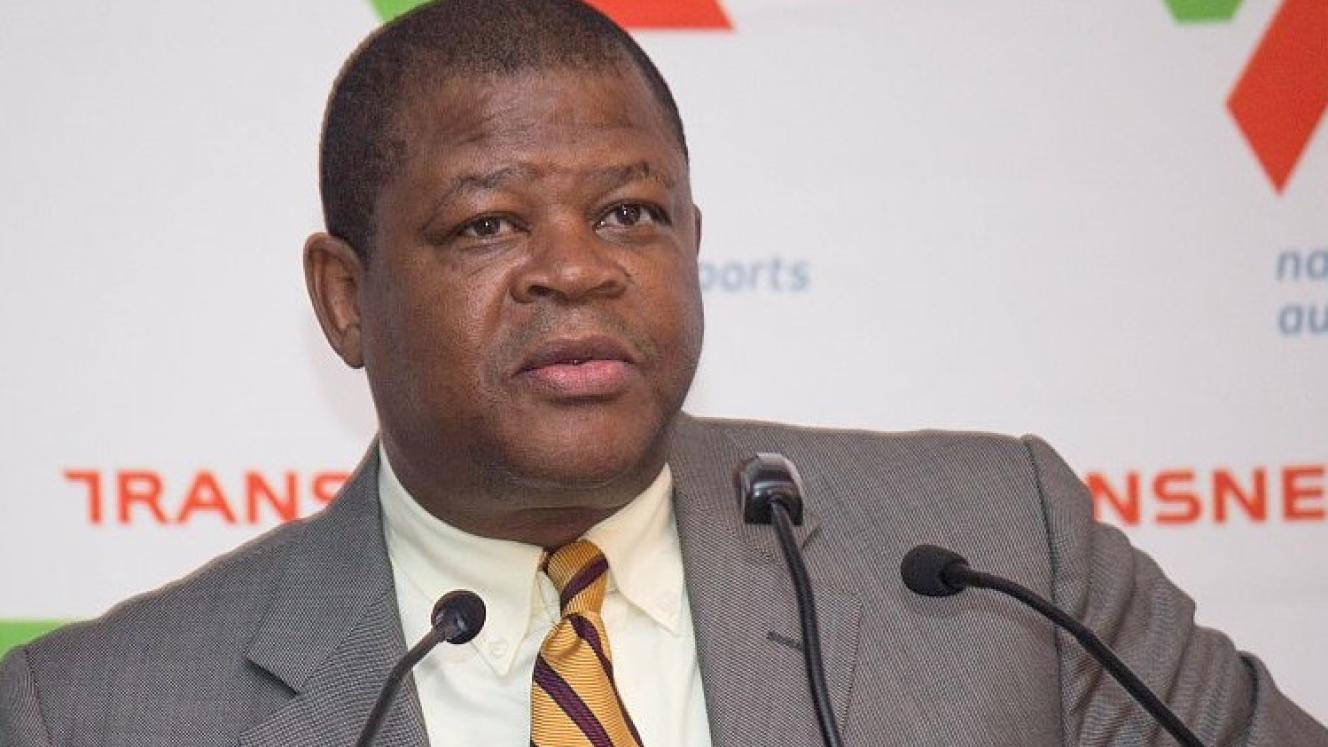The African piecemeal approach to port reform is a recipe for disaster with far too much focus on financial returns and far too little on countries’ infrastructural needs for growth and development.
That’s the view of Tau Morwe, a former Transnet rail and ports executive, now turned maritime consultant.
He says there is an absence of clearly formulated port reform strategies.
“There is a real focus at present on privatisation where the focus is on financial return on investments by the private sector versus development return on investment. So what happens in practice is that a company gets a concession for a particular terminal at a particular port and the goal is not about what the country needs to achieve or work towards, but how much money the company can make before the concession expires. The consequence is often the non-development of the country.”
He says this means that only parts of the port system are optimised and often the infrastructure development is narrowly focused and lacks a national perspective.
“At the same time there is no emphasis on the policy and legal environments - specifically around the port systems - and this is simply not sustainable over the long term.”
He says it is important that African countries look in depth at the state-owned infrastructure from a national economy perspective. “A close example here is the case of Transnet who have probably not realised the capability that they have. We take things lightly. Singapore is Singapore because government ensured there is a state-owned entity developing infrastructure with the sole intent of growing the economy.”
He says all efforts are focused on reaching the national country goal rather than small company-specific goals.
Another case in point in Africa, says Morwe, is Nigeria where serious problems have been identified thanks to the outcomes of its port reform. “Yet they are still continuing with the process and are concerned with how many containers are moved across the berth rather than looking at what the impact on total development has been.”
He says the piecemeal approach means that African ports are improving efficiency in pockets.
“So the container crane moves improved from 10 to 30 per hour, but if you go to Ghana to Togo to Nigeria where these ports have been reformed you find beautiful terminals, improved crane moves, but surrounded by non-existent infrastructure that is not sustainable.”
Without a holistic approach reform of a port means nothing.
“If there is no road out of the beautiful terminal then how can we sustain it,” he says.
“In Africa we see disempowered port authorities, private terminal operators and large shippers taking advantage, port stakeholders not performance-managed, revenue leakage, port authorities unable to fund the maintenance of ports and surrounding road networks and related infrastructure impacting hugely on the operations,” he says. “In West Africa you have port authorities making more money on security than on port functions. The system as we know it on this continent is not sustainable. When we talk investment and financing we are not going forward but backwards and port authorities cannot operate in this manner anymore.”
Morwe says if ports are to be reformed coordinated efforts across regions have to take place alongside the development of effective and efficient road, rail and port investments.
“Improved modal and corridor/hinterland/LLC coordination is required that can result in reduced times and more efficiency that is also more cost effective.”
He says lean, independent and sustainable port authorities are a prerequisite for success.













